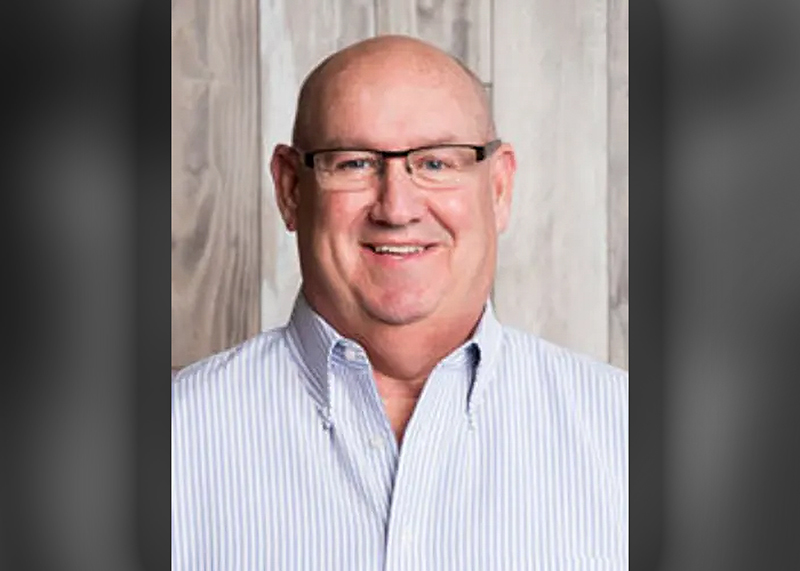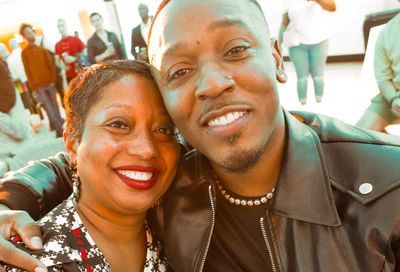GOP Platform Committee adopts language opposing LGBT rights
Despite the efforts of blue-state Republicans, the RNC's proposed platform for 2016 is just as socially conservative as ever

The Republican National Committee Platform Committee spent a good portion of Tuesday voting against any language referencing LGBT people and expressing opposition to LGBT rights, including same-sex marriage. Even though the Platform Committee has approved that language, the full platform will not be adopted until next week, at the official Republican National Convention in Cleveland. But the bulk of that anti-LGBT language is expected to survive and be adopted as the party’s official platform for the next four years.
The delegates on the RNC’s Platform Committee met to revise and approve language to the various planks outlining the GOP’s vision for the country on a variety of issues. But when it came to LGBT issues, the platform committee often found its members along geographic or regional divides. Delegates from Democratic-leaning jurisdictions like the District of Columbia, Hawaii, Rhode Island, New York and New Jersey pushed for neutral language on issues like marriage and for mentioning the LGBT community as one of those targeted by radical Islamic terrorism. But their counterparts from states like Ohio, Virginia, Kansas, Louisiana and West Virginia pushed for — and prevailed in adopting — stronger statements of opposition to LGBT rights, including same-sex marriage and transgender restroom usage. Those more conservative platform committee members also rejected any attempts to mention LGBT people, even when referencing the recent mass shooting at an Orlando gay nightclub.
Rachel Hoff, a delegate from the District of Columbia and the first openly gay person to sit on the platform committee, frequently spoke up throughout the debate on various platform planks, urging the party a more welcoming or at least neutral stance by acknowledging that Republicans are divided in their opinions on some LGBT issues.
As occurred in the platform subcommittee on Monday, social conservatives largely dominated discussions around LGBT rights. Provisions adopted by the committee included statements such as the belief that the Constitution is not a “flexible” document, but should be interpreted according to the original language as written by the nation’s founders. Within various planks of the platform, LGBT-related provisions that were adopted included statements opposing the Supreme Court’s decision in Obergefell v. Hodges, allowing publicly-funded adoption agencies to continue to place children with same-sex couples, expressing support for states like North Carolina that pass laws restricting transgender people’s access to bathrooms, and even supporting conversion therapy for LGBT-identifying minors (though that language is less explicit, phrased as “supporting” parents in determining “proper treatment” for their minor children).
In a move that garnered headlines, although not directly related to LGBT rights, the platform subcommittee had also previously called pornography a “public health crisis” and “public menace” for its “harmful effects on children.” That language also encouraged states to pass their own legislation to fight the proliferation of pornography. Additionally, the platform frowns upon cohabitation outside of marriage, which it defines in several places as the union of “one man and one woman.”
Following the adoption of the platform on Tuesday afternoon, Gio Cicione, a Platform Committee delegate from Rhode Island, indicated that approximately one-third of the platform committee was backing a move to submit a minority report. A minority report would express some of the disagreements between the party’s official platform and those views held by individual delegates at the convention, such as, potentially, LGBT issues. If adopted, some of the points of contention mentioned in the minority report could be potentially be put to a vote of the full convention.
The platform, which is intended to lay out sets of principles and a vision of the beliefs of a majority of the rank-and-file party members, has been considered by some to be at odds with the opinions of Donald Trump, the man expected to carry the GOP banner into November’s election. Trump and his backers, particularly LGBT Republicans, have sought to portray him as the most “pro-gay” Republican nominee in history. They have even attempted to peel off support from Democratic nominee Hillary Clinton by claiming she is not tough enough on radical Islam, which, they argue, poses a threat to the LGBT community’s existence.
But opponents of Trump, including most Democrats, point out that he opposes same-sex marriage and defers to business owners when it comes to making decisions about allowing transgender people to use the bathroom consistent with their gender identity. As such, those opponents argue, the platform is not as far away from Trump’s stated positions as it might initially seem. Others say that conceding platform language to the socially conservative wing of the party will help the business magnate consolidate the Republican base behind his candidacy going into November’s general election.
Support Metro Weekly’s Journalism
These are challenging times for news organizations. And yet it’s crucial we stay active and provide vital resources and information to both our local readers and the world. So won’t you please take a moment and consider supporting Metro Weekly with a membership? For as little as $5 a month, you can help ensure Metro Weekly magazine and MetroWeekly.com remain free, viable resources as we provide the best, most diverse, culturally-resonant LGBTQ coverage in both the D.C. region and around the world. Memberships come with exclusive perks and discounts, your own personal digital delivery of each week’s magazine (and an archive), access to our Member's Lounge when it launches this fall, and exclusive members-only items like Metro Weekly Membership Mugs and Tote Bags! Check out all our membership levels here and please join us today!






















You must be logged in to post a comment.